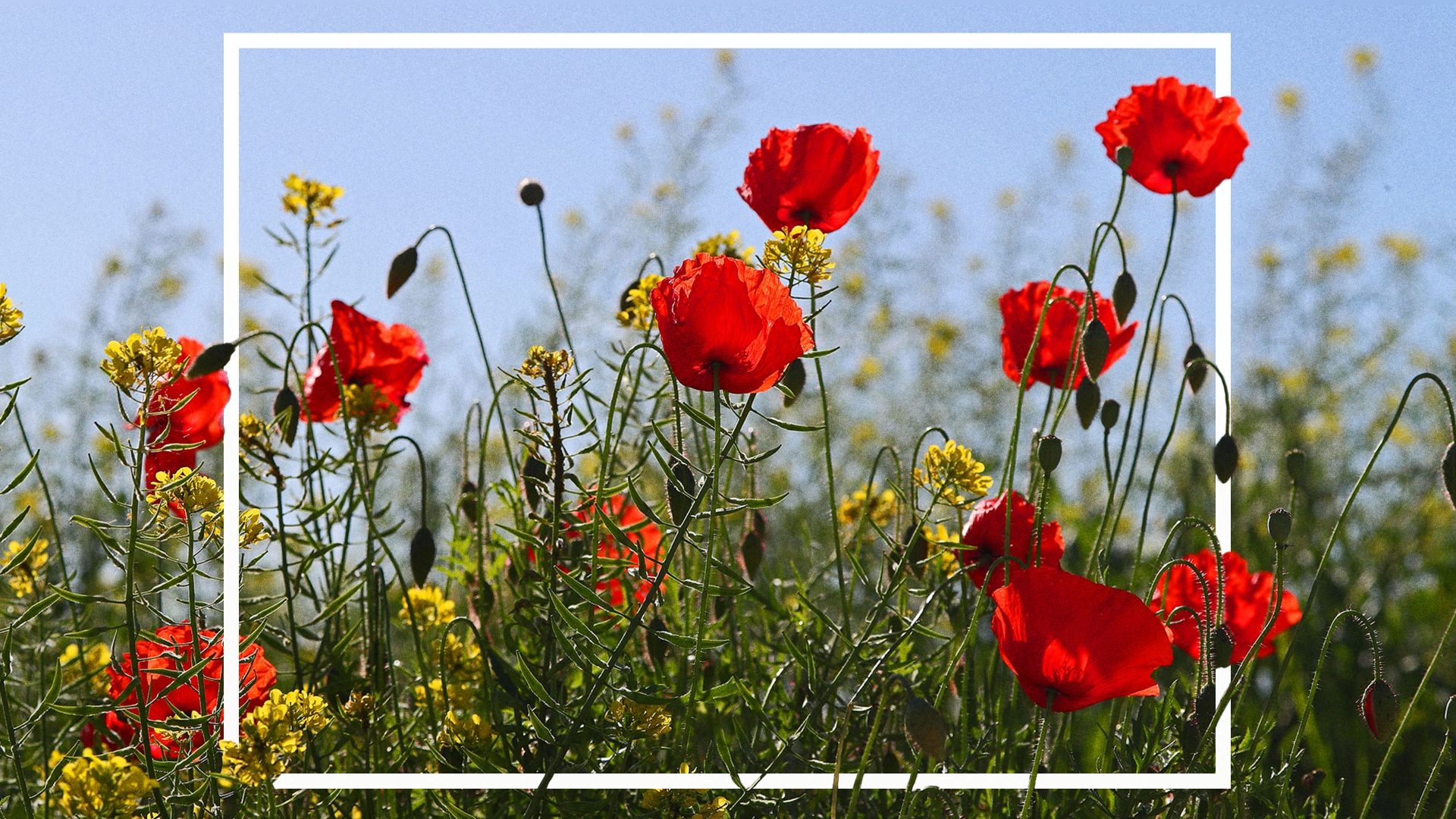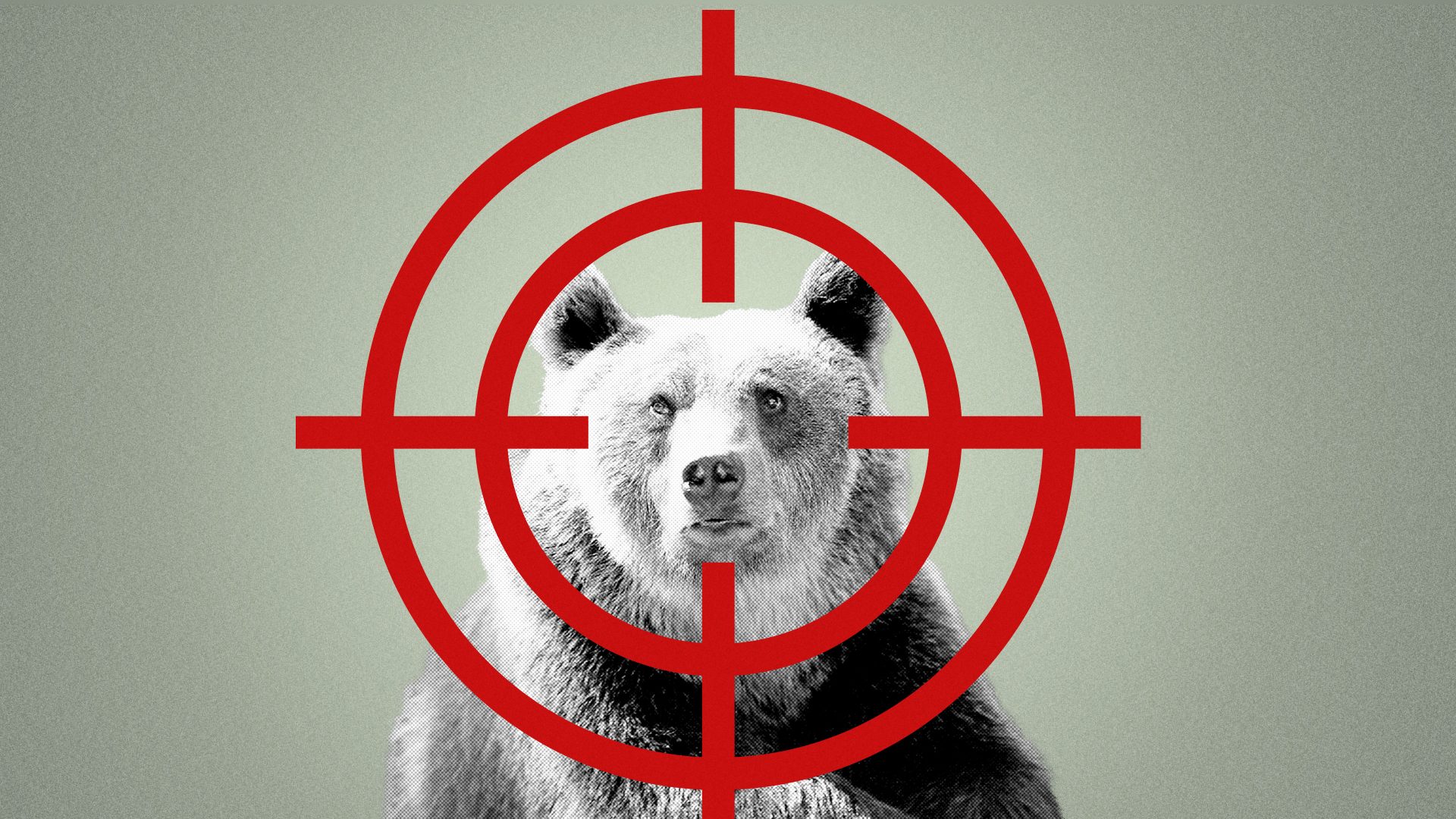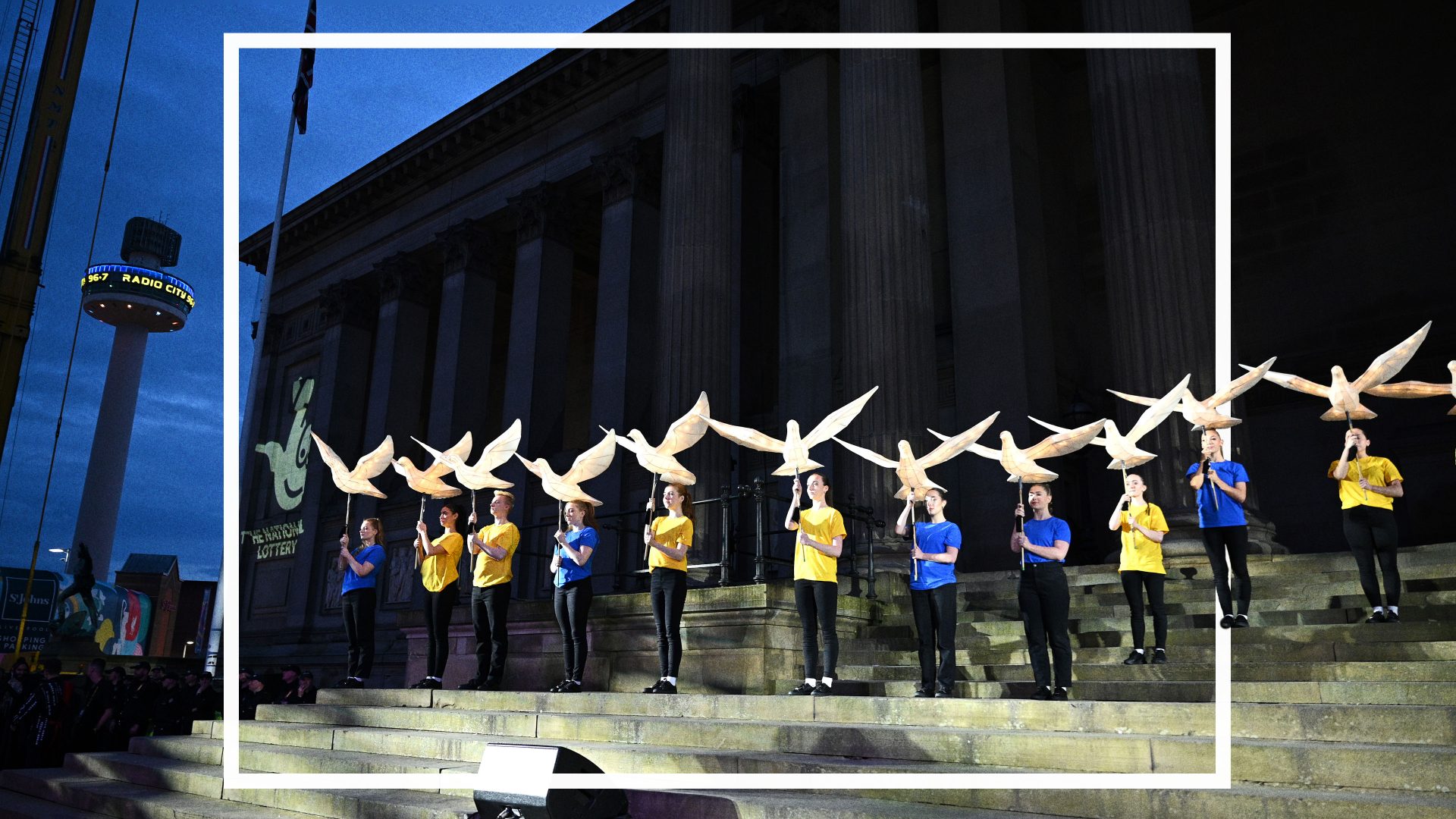My grandfather, Rifleman James Cutmore, was killed on the Somme in March 1918, aged 40. “Death was instantaneous,” his CO wrote to my grandmother, but the poor man was lying: I now know that Rifleman Cutmore was stretchered back from the front, dying a few days later, probably in screaming agony.
I visited his grave the other day at the military cemetery in Chauny, and found a message to the British from a local, carefully typed and encased in plastic, and inserted into the visitors’ book. It tells, and is intended to tell, exactly how the people of that part of France see the British.
The previous day, the patron at Le Grand Cerf, the restaurant in the village of Pas-en-Artois (population 789), served Linda and me a simple but excellent lunch cooked by his wife. He had something he wanted to say to us before we continued on our road to Arras. “The English are always welcome in this part of France,” he said. “We have not forgotten the war.” And he shook our hands.
He didn’t mean the war against Hitler. He meant the first world war, when Flanders was a huge battlefield for four years. In that part of France, they feel a closeness to Britain that dates from 1918 and has been passed through the generations.
The war seems pretty close in French Flanders, even to casual visitors like us. Everywhere you look there is a name that summons it up, if only as the subject of bawdy songs: Vimy, Armentiers, the Somme. Everywhere there are military cemeteries. And in every town there’s a memorial, not just to the local dead, but to the British, the Americans, the Australians and the New Zealanders.
We drove slowly out of Pas-en-Artois, on the D roads, through field after field of farmland where there were once trenches and tunnels, and most people can tell you exactly where they were and where they led, to the fine town of Arras. In April and May 1917, 150,000 British and Commonwealth soldiers died here.
Arras has two splendid squares surrounded by turreted Flemish buildings. One is the Grand Place, but it’s the other, the Places des Héros, where we found the town hall (the 15th-century town hall was destroyed in 1917 and rebuilt in the same style).
Just inside the entrance, we paused in front of a wall covered with tributes to the 67 men of Ipswich who fell here in 1917. There are all their names, and a little about each of them: Francis Lionel Barnard, Arthur Horner Leek, Michael John Price…
As we turned to go, a plaque on another wall caught our eye. Each year, it seems, Arras nominates a famous European to be honoured on Europe day, May 9. The plaque begins with Václav Havel in 2012, and ends in 2017 with “Helen Joanne Cox, dite Jo Cox”. The citation, in French, says: “British MP who led the campaign to keep the UK in the EU, she was assassinated on 16 June 2016, a week after the referendum.”
All true, of course (with some reservation about “leading” the campaign – if she, rather than David Cameron, had led it, the result might have been different.) But it also speaks of the sad puzzlement you find in this region, that their British saviours no longer want to be part of the family of Europe, and their justified suspicion that this says something very dark about the mood of Britain right now.
And that is what this sad message in the military cemetery of Chauny spells out. Written in French, it’s addressed to all the “combattants Anglais” (English combatants) who fought in France during two world wars “avec un courage absolu et une volonté remarquable” (with absolute courage and remarkable will).
It was written on January 31 2020 – Brexit day – and is signed simply J.J.B. “C’est une triste date qui restera dans l’histoire de nos deux nations” (It’s a sad day that will remain in the history of our two nations). But “Je ne vous oublierais jamais” (I will never forget you).
The writer proclaims himself as French and European, and says that only a united Europe can take us “vers une civilisation meilleure, sans guerre ni conflits” (Towards a better civilisation, without war or conflict). He hopes the separation will not last long, and ends: “God save the Queen. Vive la France.”



